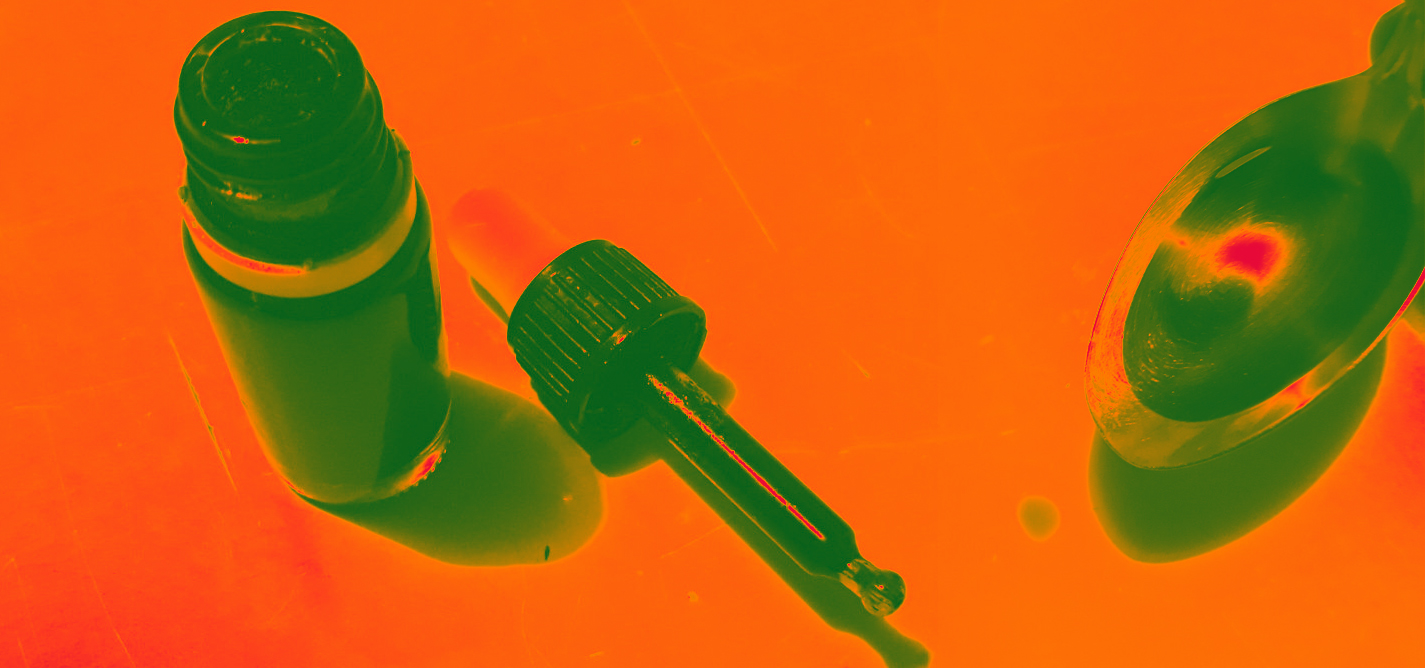
The Long Road Towards Legalization
How long until medical cannabis is legalized in the Balkans
|09.12.2019
|
The use of cannabis for medical purposes is currently legal in 21 countries, one of the recent additions being North Macedonia.
Nedim — a person with psoriatic arthritis from Bosnia and Herzegovina — reveals that he needs 400 to 600 euros for his monthly supply of cannabidiol oil that he gets on the black market.

Jovana Georgievski
Jovana Georgievski is a Belgrade-based journalist at Vreme Weekly. Her areas of interest are migration, and Balkan narratives and their reflection on culture and everyday life. She is a Belgrade Open School alumna and speaks Russian and English.
This story was originally written in Serbian.